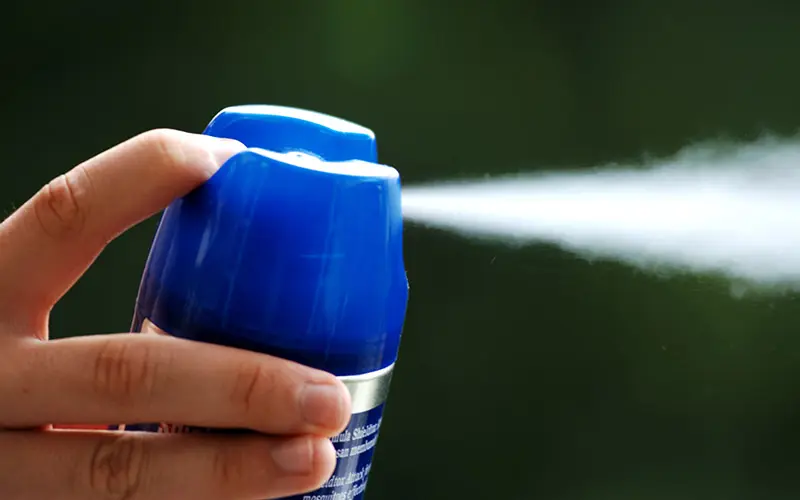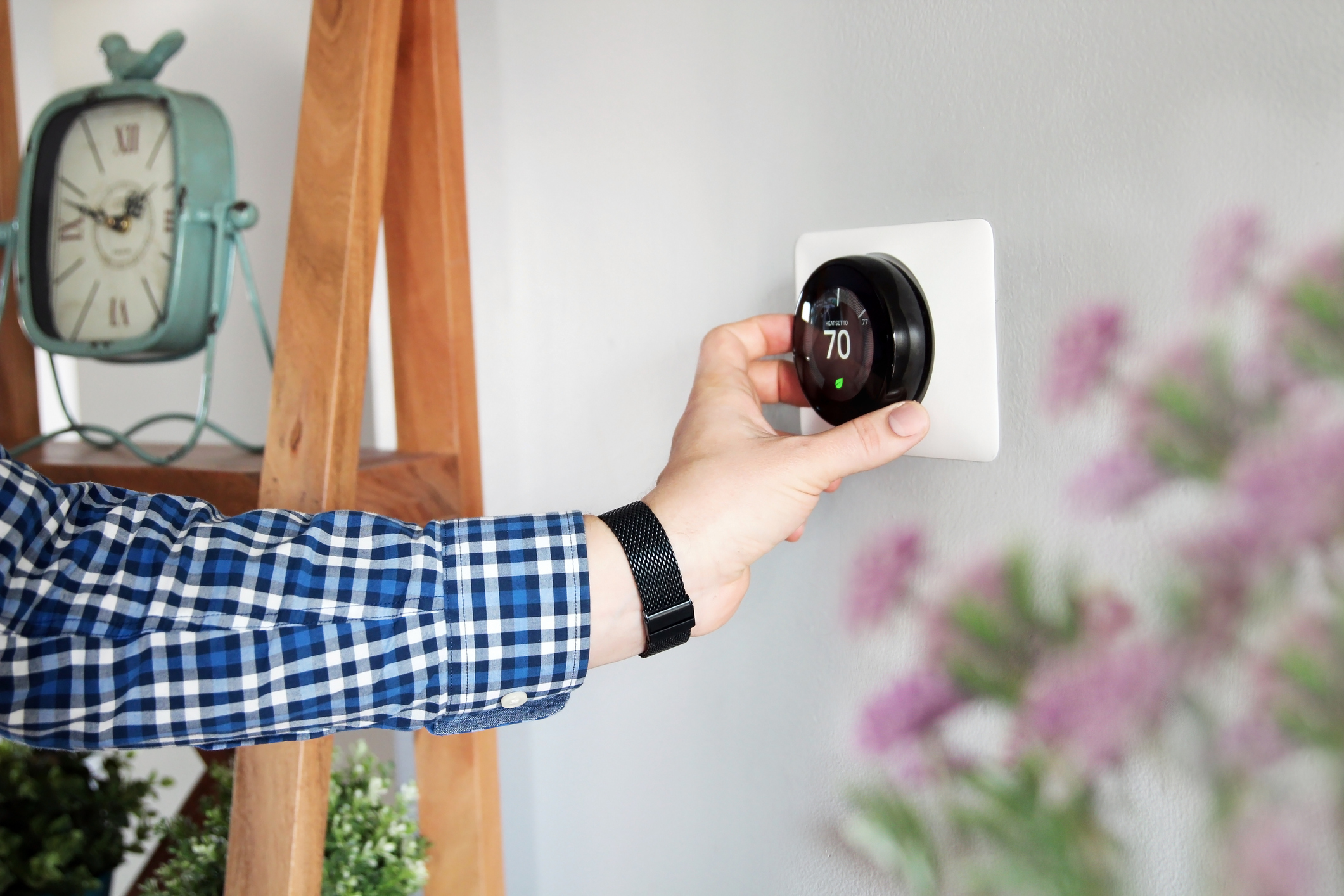
When it comes to indoor air pollution, some contaminants are more insidious than others. With their ability to permeate the air, volatile organic compounds (VOCs) fall into this category. Learn how VOCs impact your indoor air quality (IAQ) and why it’s so important to limit your exposure to them.
What Are VOCs?
A low boiling point is the common attribute that all volatile organic compounds share. Even at room temperature, their high vapor pressure allows large quantities of molecules to evaporate into the air. This phenomenon occurs every time you use a product with VOCs. It can also happen when the item is not in use. VOCs are in most of the odors you smell in your home, but not all are dangerous to your health. A pot of stew bubbling on the stove discharges VOCs into the air but poses little risk to your wellbeing. It’s the thousands of products that emit toxic chemicals that present the greatest danger.
VOCs and Your Health
High concentrations of VOCs can have a direct impact on your health. Symptoms range from headaches and dizziness to nausea and vomiting. In most cases, VOCs aren’t immediately toxic but can affect your health over time. VOCs can trigger asthma or allergic reactions. Long-term exposure to VOCs can damage the respiratory tract, central nervous system, liver or kidneys. The following VOCs are proven carcinogens that can cause cancer.
- Formaldehyde is present in pressed-wood products ranging from cabinetry to laminated flooring.
- Benzene is found in tobacco smoke, automotive emissions and stored fuels like gasoline and propane.
- Methylene chloride is prevalent in both liquid and aerosol paints and in many types of adhesive removers.
Common Household Sources
Many products found in your home have the potential to release VOCs into the air that you breathe. Closed indoor environments make harmful VOCs particularly dangerous to your health. Studies have found that VOCs levels are up to five times higher indoors than they are outdoors. Here are some of the most common sources of VOCs.
- Paints, stains and varnishes
- Cleansers and cleaning agents
- Caulking, sealants and adhesives
- Synthetic carpetings and vinyl flooring
- Fuels and combustion products
- Air fresheners, perfumes and shampoos
Reduce Your Exposure to VOCs
It’s important to follow basic safety protocols when using products that emit VOCs. Take the time to read warning labels. Always follow the directions. Store the items like paint, varnishes and fuel away from living spaces and out of reach of children. Follow governmental guidelines for product disposal. Consider upgrading your home with a ventilation system that exhausts stale air outdoors and brings fresh air indoors. A well-ventilated home can help minimize your contact with harmful VOCs.
Since 1983, Del-Air Heating and Air Conditioning has provided families with a full spectrum of indoor air quality products. Our IAQ solutions range from air filter delivery to air purifier and ventilation system installations. As the largest residential HVAC company in Florida, we’re ready and able to meet your IAQ needs. For more information, call us today.






